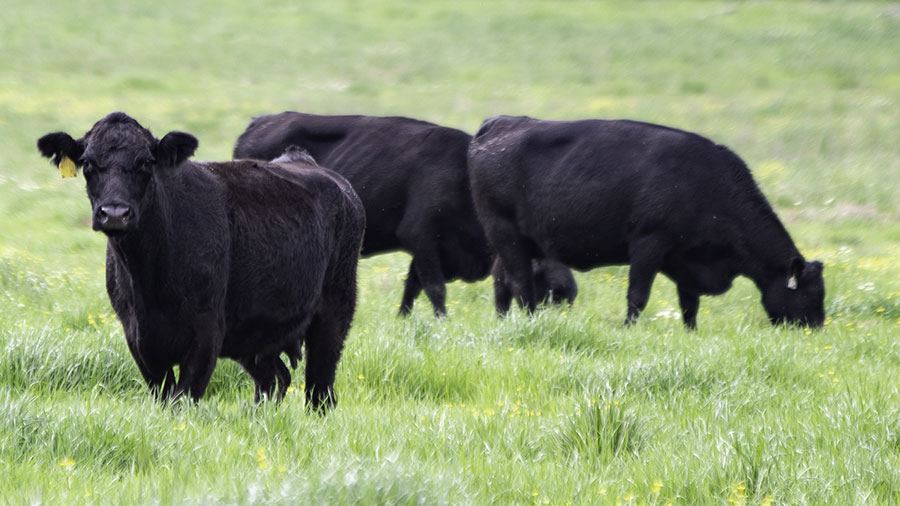FW Opinion: Cattle can be part of solution to climate change
 © Shutterstock/jackienix
© Shutterstock/jackienix Here is one reason why anti-meat voices are so loud in the debate about climate change: well-meaning philanthropic donations from individuals and organisations to environmental and animal rights advocates.
They have no better access to scientific information on this topic than the rest of us, but the former has given the latter the financial heft to decide which questions get asked the loudest.
Often a force for good, philanthropy sometimes escapes the scrutiny that money from lobbyists (representing organisations that stand to gain financially) gets when they throw their weight behind a cause.
See also: How will you survive when subsidies are gone?
So it is with the meat industry. Large parts of the supply chain are controlled by a small number of powerful companies, and it is right and proper that their influence should be probed and questioned by outside voices.
But this does not mean the voices raised in opposition to them are correct by default.
And it seems like the processors are in retreat – if even the world’s biggest beef buyers are buying up stakes in companies developing factory-grown meat, does that mean the argument is lost?
No – in many quarters the debate has moved on too quickly from deliberating to what extent animal agriculture is harmful to simply plotting how quickly meat consumption can be reduced.
In their zeal to deal with the real threat of climate change, influential organisations have inflated the negative effect beef is having on the environment, and we are still learning new information about the role cattle can play in tackling rising temperatures.
This is the uplifting conclusion that can be drawn from Defending Beef by Nicolette Hahn Niman.
This articulate and well-researched book strongly makes the case for how and why cattle should be used to enrich and manage grasslands as carbon sinks, among the myriad other benefits of the mighty cow.
Part of an early chapter plots the journey of Allan Savory, a world-renowned ecologist whose name will be familiar to some of you already as a leading proponent of how cattle can be an environmental force for good.
In the 1960s, he was a government game officer in what is now Zimbabwe charged with restoring and protecting wild areas.
Despite being a passionate animal lover, he recommended and helped implement the slaughter of 20,000 elephants, as it was then believed that removing large animals from land to rest it was a vital part of ecosystem recovery.
Tragically, it did nothing – in fact, the opposite was true.
He has spent the rest of his working life trialling how cattle can be used to mimic the positive effect herds of wild mammals have on landscapes – restoring and preserving habitat for wildlife and reducing soil erosion.
This has resulted in techniques such as mob-grazing being put into practice across millions of hectares of farmland in many different countries.
It can be seen in some of the methods being used by beef farmer Tom Armitage, as reported in this week’s Livestock section.
Mr Savory’s results are just one of many examples in the book of academic research into the positive effect responsible meat production and consumption can have on people and the planet.
Open many newspapers and it often feels as if the popularity and consumption of beef is only going to go one way – down.
I am increasingly inclined to take the opposing view – we could be close to the peak of well-meaning but ill-informed criticism of the sector, and the rehabilitation of the humble cow’s reputation has already begun.

